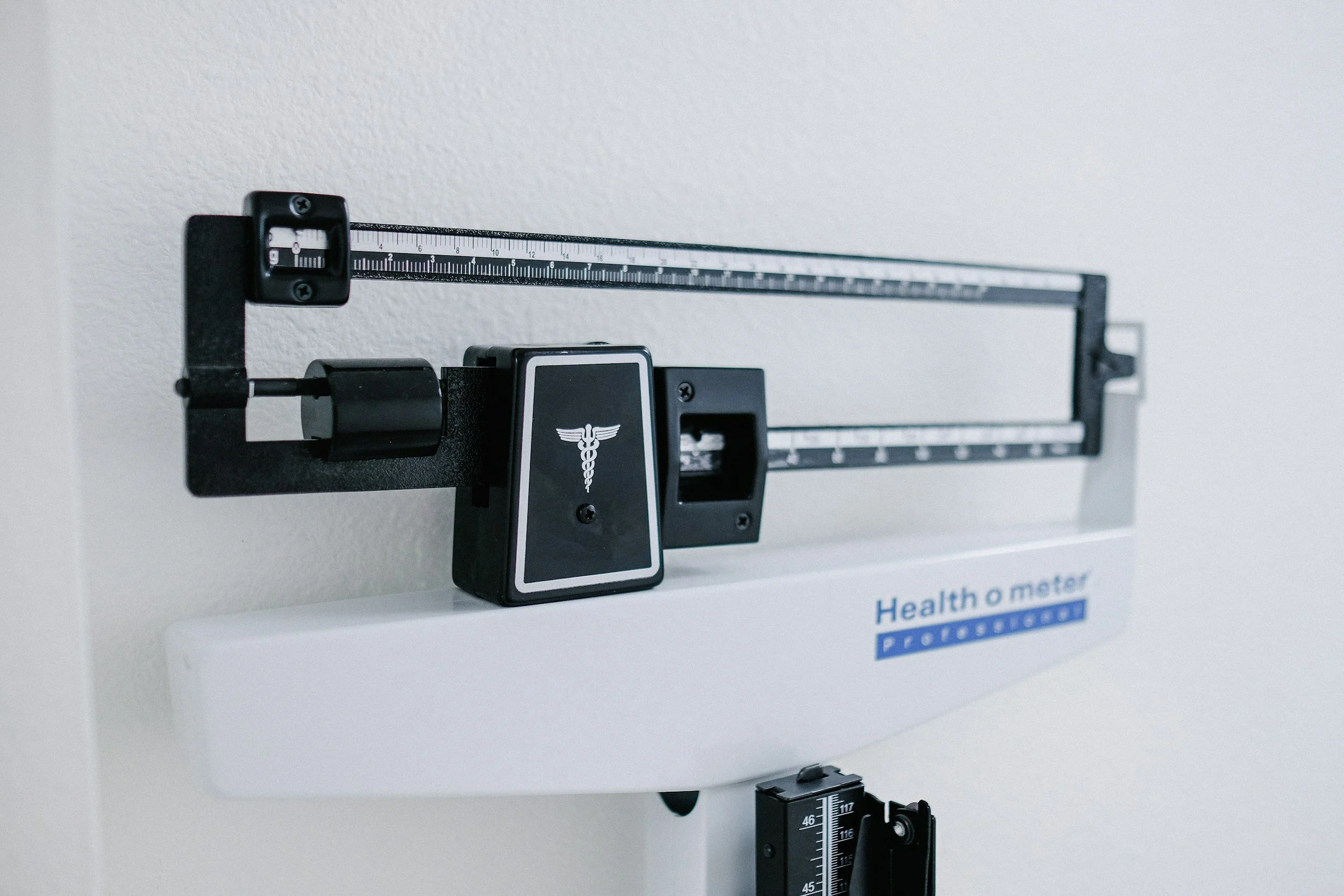GLP-1 Drugs for Weight Loss: What Works, What Doesn’t & A Naturopath’s View
GLP-1 medications like Ozempic and Wegovy are being marketed as a game-changer for weight loss - and for many, they are. But alongside the headlines and before-and-after photos, there’s a more nuanced story playing out. One that includes nutritional deficiencies, metabolic adaptation, and the risk of emotional disconnection from food and body.
This blog is for those who are curious about the full picture - not just what the pharmaceutical companies are saying. We’ll explore the true benefits of GLP-1 drugs, the potential downsides (especially long term), and how Naturopathy can complement the process for better outcomes.
What Are GLP-1 Weight Loss Drugs, Exactly?
GLP-1 receptor agonists are a class of medications originally developed for type 2 diabetes. They work by mimicking a hormone in your body called glucagon-like peptide-1 (GLP-1), which regulates appetite, insulin, and blood sugar levels.
How They Help With Weight Loss:
Reduce appetite by acting on the brain’s hunger centres
Slow stomach emptying, leading to prolonged feelings of fullness
Stabilise blood sugar, reducing insulin spikes and crashes that drive cravings
May influence reward pathways, making food feel less emotionally compelling
The Benefits People Are Talking About
When used under the right circumstances and with proper medical support, GLP-1 drugs can:
Lead to weight loss of 10–15% of total body weight
Improve insulin sensitivity and blood sugar regulation
Reduce inflammation and cardiovascular risk in some individuals
Support those with obesity-related health conditions where other interventions have failed
For people who’ve felt stuck in an endless cycle of dieting and metabolic resistance, this can bring hope - and relief.
What’s Often Left Out of the Conversation
While the physical effects are powerful, they aren’t always predictable - or sustainable. Here's what you’re less likely to hear in a 30-second social media clip:
1. Muscle Loss is Common
Without targeted nutrition and resistance training, GLP-1 users often lose lean muscle alongside fat, which can tank metabolism and energy long term.
2. Nutrient Deficiencies Can Develop
With a suppressed appetite, many people simply don’t eat enough. This increases the risk of low intake of essential nutrients like protein, iron, B12, magnesium, and zinc.
3. Gut Health Can Be Impacted
Because these medications slow digestion, bloating, constipation, and nausea are frequent side effects. Long term, this can alter gut motility and microbiome health.
4. Emotional Disconnection From Food
While reduced cravings can be helpful, some people report a “numbing” of their relationship to food and pleasure. Eating becomes functional, not nourishing or joyful - which can backfire down the track.
5. Weight Often Returns When the Drug is Stopped
This is a big one. Studies show many people regain the weight they lost once they come off the drug - especially if underlying lifestyle, mindset, and metabolic patterns haven’t shifted.
How Naturopathy Can Work With GLP-1s (Not Against Them)
Rather than an either/or decision, combining GLP-1 medication with a naturopathic framework creates a more resilient, long-term approach.
Here’s how:
1. Protect and Rebuild Muscle Mass
Strategic protein intake
Functional strength training guidance
Support for energy and recovery through herbs and minerals
2. Support Digestive Function
Herbal bitters to stimulate digestion
Probiotics and prebiotic foods for microbiome balance
Magnesium and fibre to regulate bowel function
3. Strengthen Nutritional Foundations
Micronutrient testing to detect and correct deficiencies
High-quality supplementation where needed
Tailored food-as-medicine plans, even with low appetite
4. Reconnect Mind and Body
Emotional regulation tools to build awareness around hunger, fullness, and satisfaction
Support for nervous system regulation (especially for emotional eating patterns)
Tools to cultivate trust in the body again - not just control
5. Build Long-Term Resilience
Hormonal balancing (especially relevant for women in peri/post menopause)
Liver detox support for medication metabolism
Individualised lifestyle and mindset support to prevent weight rebound
Final Thoughts: There’s No One-Size-Fits-All Solution
GLP-1 medications have a place, especially for those who are at a medical tipping point. But they’re not magic. Weight is complex. It's influenced by hormones, habits, emotions, sleep, stress, environment, and lived experience.
If you're considering starting a GLP-1 drug - or are already on one - the real power comes from combining it with support that respects your whole body. That’s where Naturopathy shines: not in fighting medication, but in making sure your body thrives while on it - and after it.
Next Steps:
Curious about using a naturopathic approach alongside medication?
Want help preventing muscle loss, supporting digestion, and improving long-term outcomes?
Thinking about GLP-1s and want a whole-person strategy, not just a prescription?

